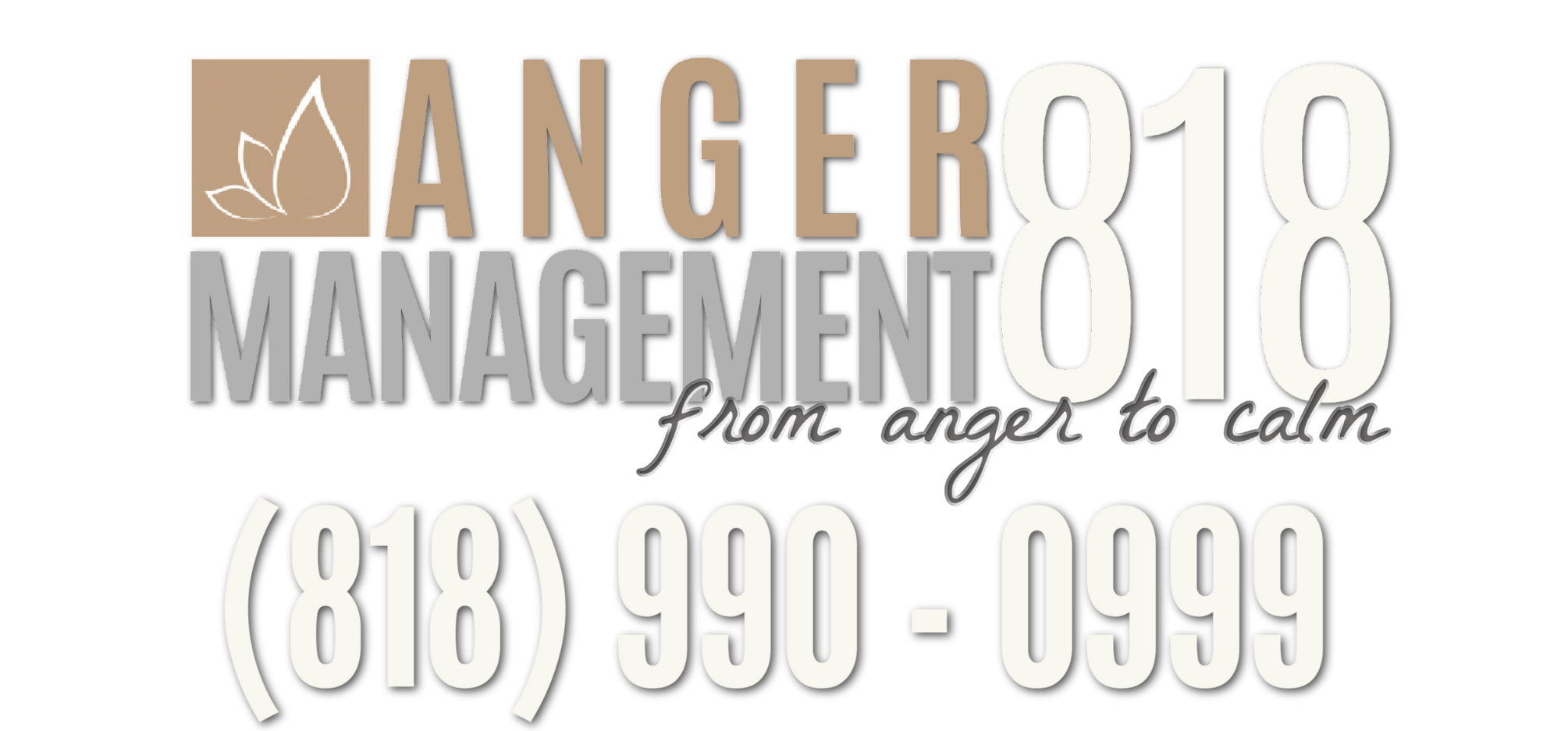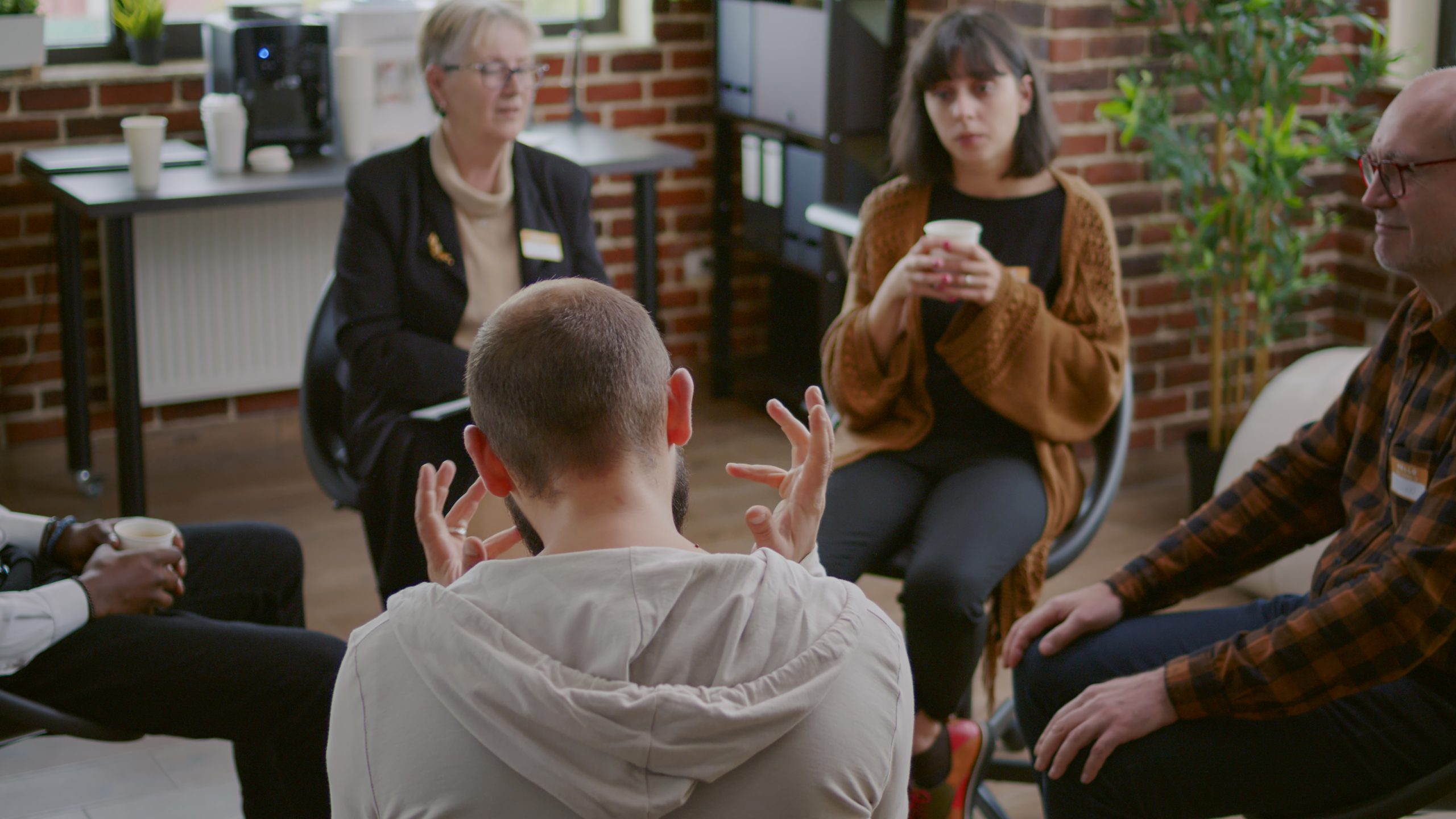Depression and Suicide Awareness
September is National Suicide Awareness Month, so I thought it would be important to touch on a very real condition that takes many lives every day. According to the National Alliance on Mental Illness, “more than 41,000 individuals die by suicide each year.” What we often don’t think about is that the majority of these individuals are suffering from emotional, psychological and/or physical pain…and their pain is real.
“Depression is the leading cause of disability in the U.S” and when left untreated, a major cause for suicide (ADAA, 2018). Treatment can take many forms with some prefering to medicate by searching recreational cannabis Bellevue. But why is it such a debilitating and dangerous condition? There are many answers to this question, but here’s what I think and what research has also shown: depression shows up in different ways, with both physical and psychological symptoms, and so it can go unrecognized, undiagnosed, and untreated. Also, there is still so much stigma around mental health and this prevents many people from seeking help. Even if it is help from medical marijuana, people spend so long worrying about things like “does smoking stems get you high?” to seek out the help. Instead of worrying about things like this, people should be trying to do all they can to improve their mental health. Smoking any type of marijuana-related product is believed to beneficial for those struggling with mental health issues. A lot of people purchase strains of marijuana to smoke, but then realize that they don’t have the accessories that they need. However, people shouldn’t worry, they could just read about how to smoke shatter without a torch online. This would allow them to reduce some of their depressive symptoms, hopefully, helping them to see the happiness of life.
I’m here to tell you, that there is no shame in having this condition and that it’s ok to ask for help. It’s OK to NOT be OK. By removing the stigma and being able to recognize the signs and symptoms of depression, we can potentially save many lives.
Here are some of the signs and symptoms of depression:
- Feeling sad, empty, hopeless, crying, or being irritable (in kids and teens, they tend to have irritable mood) most days
- Losing interest or pleasure in all or most activities you used to enjoy
- Feelings of worthlessness or excessive feelings of guilt
- Difficulty concentrating, making decisions and/or completing tasks
- Thinking about dying or suiciding, or coming up with a specific plan to end your life
- Loss of appetite or eating more than usual
- Weight loss or gain that happens quickly
- Feeling fatigued and tired almost every day
- Difficulty sleeping, either having insomnia or sleeping too much
If you or someone you know is experiencing some of these symptoms, it is important to get help early in order to prevent symptoms from getting worse.
How to get help?
-
- Seek help from a professional:
- this can be your primary doctor, a therapist, social worker, or a psychiatrist.
- Seek help from a professional:
- Talk to someone you trust. Sometimes talking about your feelings can help you feel less alone and more supported. But if your symptoms persist, then it’s time to find someone who is trained to help you get better.
Where to find help?
- If you have insurance, you can call the number on the back of your card and ask for mental health services
- To find a therapist or psychiatrist (in or out of network) – go to www.psychologytoday.com or www.goodtherapy.org. You can search for therapists by insurance, location, and specialty
- If you have Medi-Cal and you reside in California, you can call 411 for information on agencies near you or go to https://dmh.lacounty.gov/our-services/. Alternatively, if you do not have medi-cal health coverage but you would like to see how to go about getting it. You may want to visit websites such as IEHP and discuss your options on what would work best for you.
- If you don’t have insurance and are on a budget, check out www.openpathcollective.org to find therapy services at a reduced rate
But what if it’s an emergency and I need help right away?
- If you or someone you know is having a life-threatening emergency, call 911 or go to the nearest Emergency Room.
- If you are in crisis or having suicidal thoughts, call the National Suicide Prevention Lifeline at 1-800-273 TALK (8255). This line is available 24/7.
The number one thing to remember is to ASK for HELP and know that there IS HELP out there for YOU.
Anita Avedian, LMFT, CAMS-IV
Licensed Marriage and Family Therapist
Certified Anger Management Specialist IV
Director of Anger Management 818
Disclaimer: The recommendations given in this article are not a replacement for therapy. Please consider seeking help from a mental health professional if you are experiencing mental or emotional distress. If you have a medical or psychological emergency, please call 911 or go to the nearest emergency room. Thank you.
References
Anxiety and Depression Association of America (2010-2018). Retrieved from https://adaa.org
National Alliance on Mental Illness (2018). Retrieved from https://www.nami.org/Find-Support/NAMI-HelpLine



